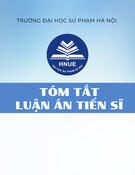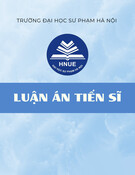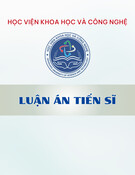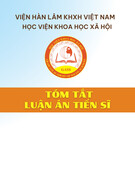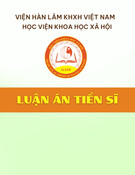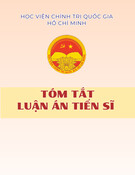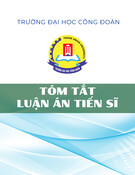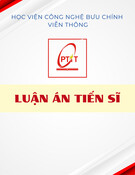Abstract
The research reported here addresses the question of what is required to engage
stakeholders to create effective change. It is a case study of one organisation,
Melbourne Water, which is located in Victoria, Australia.
The research is undertaken using a qualitative, action research framework and a
systems psychodynamic perspective. Volunteer participants participated in one-on-one
interviews and focus groups. The data is also generated through organisational
observations and reflection utilising the methods of supervision and journaling.
The organisation is transitioning from an old way of doing things. In the past, technical
expertise was considered to be all that was required to make changes. In the current
environment, in which alternative water supply sources are being developed in
response to chronic water shortage, Melbourne Water and its stakeholders, have to find
new ways of working to ensure a sustainable water future. Melbourne Water has to
engage, partner and collaborate with stakeholders.
The research shows that multiple complex factors influence which stakeholders to
involve, how to involve them, and how much engagement is enough. There are
difficulties sharing information across different cultures within the organisation, and at
times external stakeholders experience issues of communication, described as ‘the left
hand doesn’t know what the right hand is doing’.
Traditional quantitative evaluation methods are not adequate to demonstrate key
factors of effective stakeholder engagement, such as levels of trust, feelings of respect,
strength in relationships or a sense of being heard and understood.
Effective stakeholder engagement requires individuals in organisations to develop
personal awareness of their own behaviours and to develop strong interpersonal skills.
Taking these findings into account, it is argued that in order for stakeholder
engagement to be successful in this organisation, individuals need mature interpersonal
skills and the ability to form stakeholder relationships alongside their technical
expertise. Information about stakeholders shared strategically across the organisation
builds organisational knowledge and capability. The capacity of negative capability, a
psychodynamic concept describing the ability to work with unknown outcomes, on the
edge of knowing, and engage in a non-defensive way with stakeholders is one
approach. Working in this way will create greater capacity for organisational
adaptation, however, not all members of the organisation can develop this wisdom.







